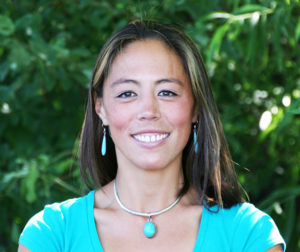Abstract
Decision makers are desperately seeking solutions to the wildfire crisis in the West. Driven by several concurrently rising trends—including home development, climate change, accumulated fuels, and human ignitions—increasing risks require us to fundamentally rethink our relationship with wildfire. In response, the research community has provided a wealth of knowledge regarding wildfire science, behavior, and projected outcomes. Yet substantial communication gaps between scientific scholarship and applied decision-making limit the ability to develop effective policies and on-the-ground approaches. Translating wildfire research into understandable formats for diverse audiences is crucial to informing the national dialogue on wildfires and identifying practical and sustainable solutions. This presentation will highlight tools that aim to communicate wildfire research to decision-makers and community leaders, including examples from several recently developed resources.

Wildfire Research Lead & Policy Analyst, Headwaters Economics
Kimiko Barrett
Wildfire Research Lead & Policy Analyst
Headwaters Economics
Biography
Kimiko Barrett is the lead wildfire research and policy analyst at Headwaters Economics, a non-partisan independent research organization based in Bozeman, Montana. She is also the Program Director for Community Planning Assistance for Wildfire (CPAW), working with communities across the country to better plan, mitigate, and adapt to wildfire. Born and raised in Bozeman, Montana, Kimi now lives in nearby Livingston and has a deep appreciation for the outdoors and the connections people have with the land. As a researcher, she enjoys engaging with people on complex issues such as community resilience, adaptation, and vulnerability. She is an avid downhill skier, backpacker, trail runner, and huckleberry picker. After obtaining undergraduate degrees in Political Science and Japanese, Kimi completed a Master’s in Geography from Montana State University and a Ph.D. in Forestry from University of Montana.